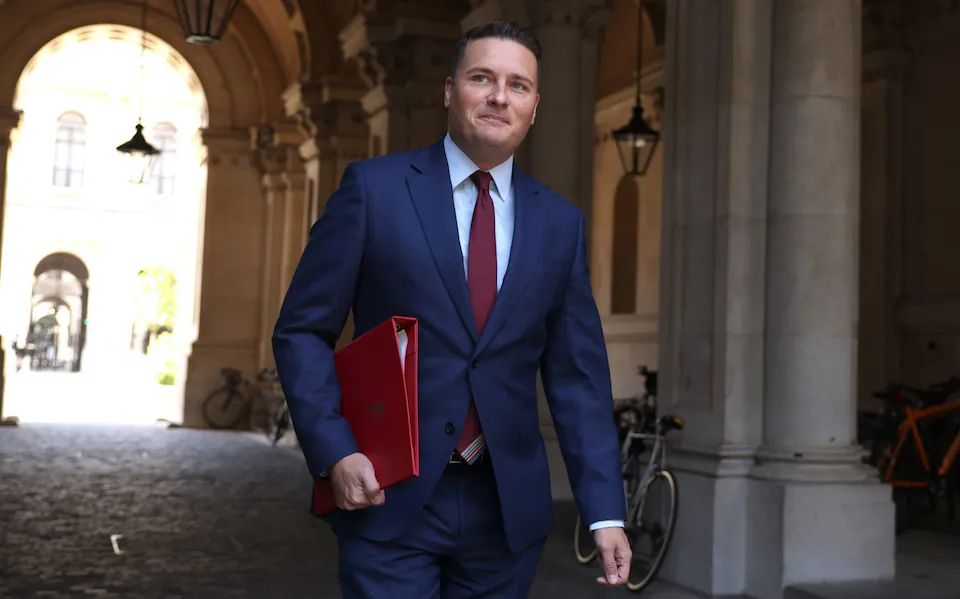Health Secretary Wes StreetingHealth Secretary Wes Streeting is expected to meet with representatives of the British Medical Association (BMA) in a bid to prevent a major walkout by resident doctors in England, formerly known as junior doctors.
The BMA has announced a five-day strike beginning at 7am on July 25, amid a long-running pay dispute with the Government.
Talks are scheduled for next week, with the BMA making clear that industrial action will only be cancelled if the Government puts forward an offer it can present to its members. While Mr Streeting is reportedly supportive of improving working conditions, he has signalled no intention to move on the issue of pay.
The proposed strike has sparked concern across the health sector. NHS leaders have warned it could cause severe disruption, just as the health service is beginning to recover from a backlog of appointments and procedures.
According to reports the NHS waiting list rose by around 10,000 per day during previous junior doctor strikes. The list has grown from 7.21 million at the start of 2023 to 7.62 million in July 2025, following 11 rounds of industrial action over the past two years.
Mr Streeting has called the planned strike completely unreasonable and urged the BMA to abandon their rush to strike.
Addressing the House of Commons, he warned that while the NHS was on the road to recovery, the BMA’s actions risked derailing that progress:
“The NHS is still hanging by a thread, and the BMA is threatening to pull it.”
The Chief executive of NHS Providers, Daniel Elkeles echoed that sentiment, saying the planned strike would be unfair to patients and disrespectful to other healthcare workers:
“It’s totally unfair to patients whose care will be cancelled at such short notice, just as the NHS was beginning to turn the tide. It also shows a lack of respect for colleagues who received lower pay rises and will now have to cover for resident doctors.”
The BMA has defended its stance, with 90 per cent of voting resident doctors backing the strike in a ballot that had a 55 per cent turnout. The union is demanding a 29.3 per cent pay rise to reverse what it calls pay erosion since 2008/09, based on the retail prices index (RPI).
Last September, BMA members voted to accept a government pay deal averaging 22.3 per cent over two years. That agreement included a 4 per cent pay rise plus a £750 consolidated payment for the 2025/26 financial year amounting to an average uplift of 5.4 per cent.
With less than two weeks to go until the planned walkout, all eyes are now on the upcoming negotiations, which could determine whether the NHS faces another wave of mass disruption or finds a path toward resolution.



